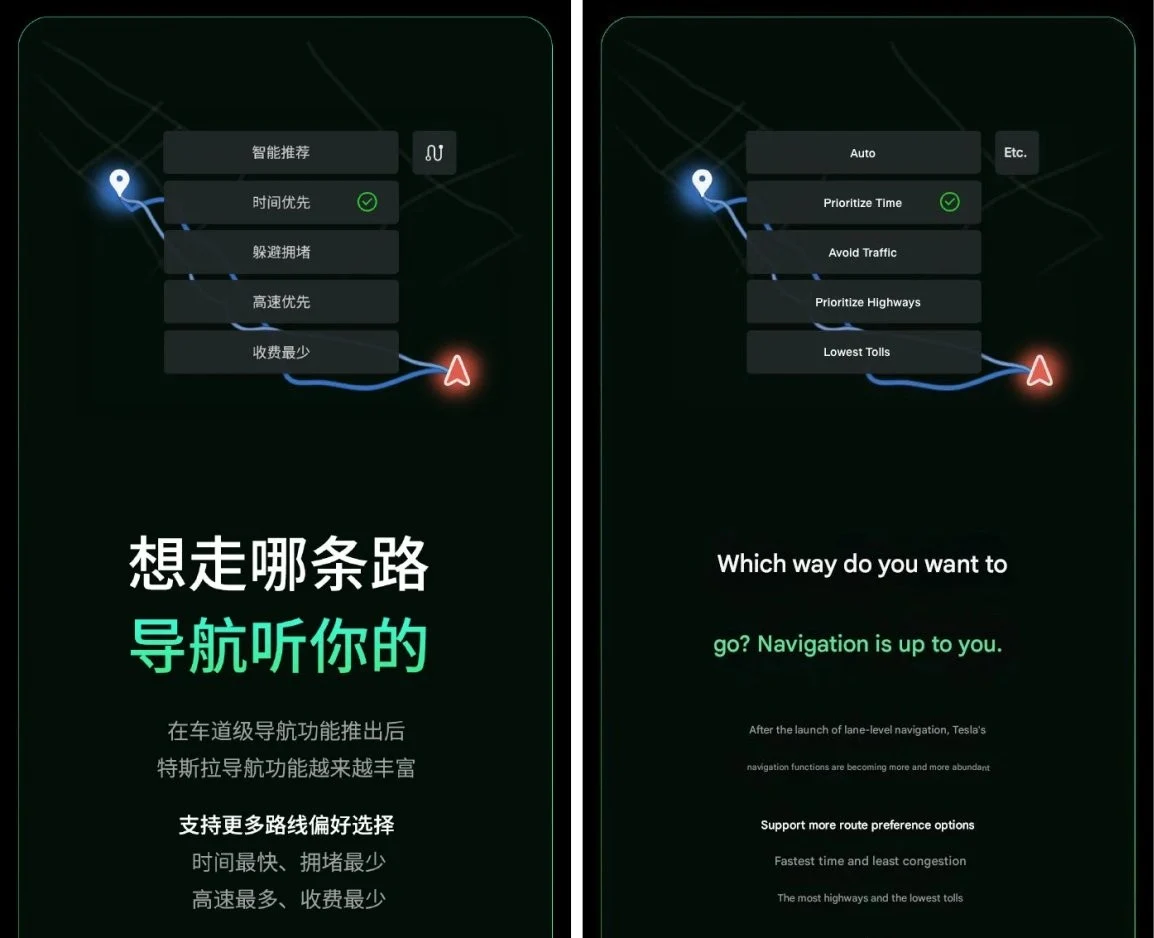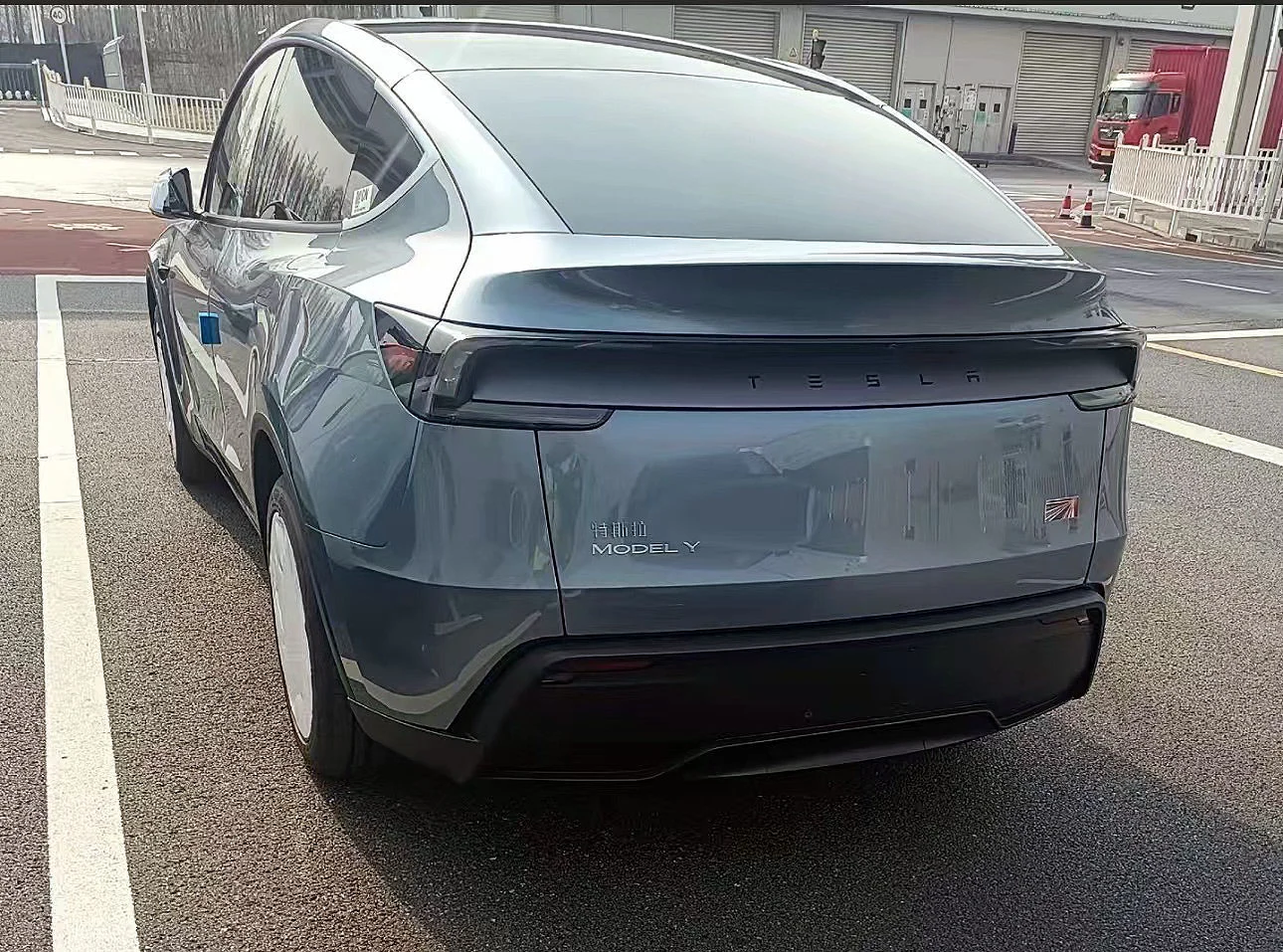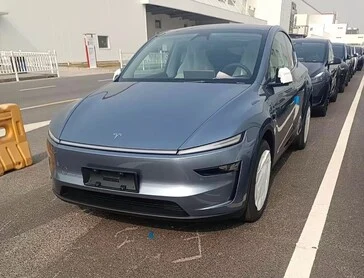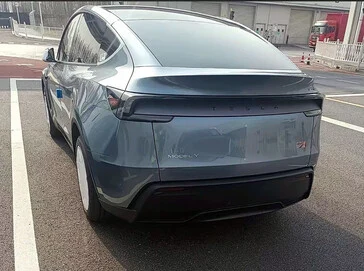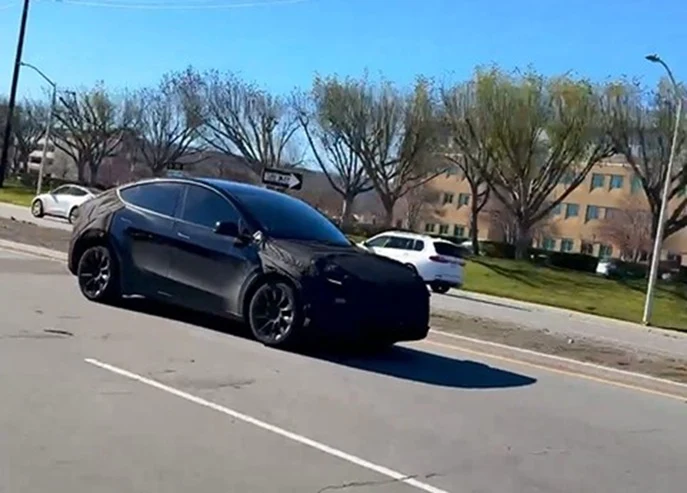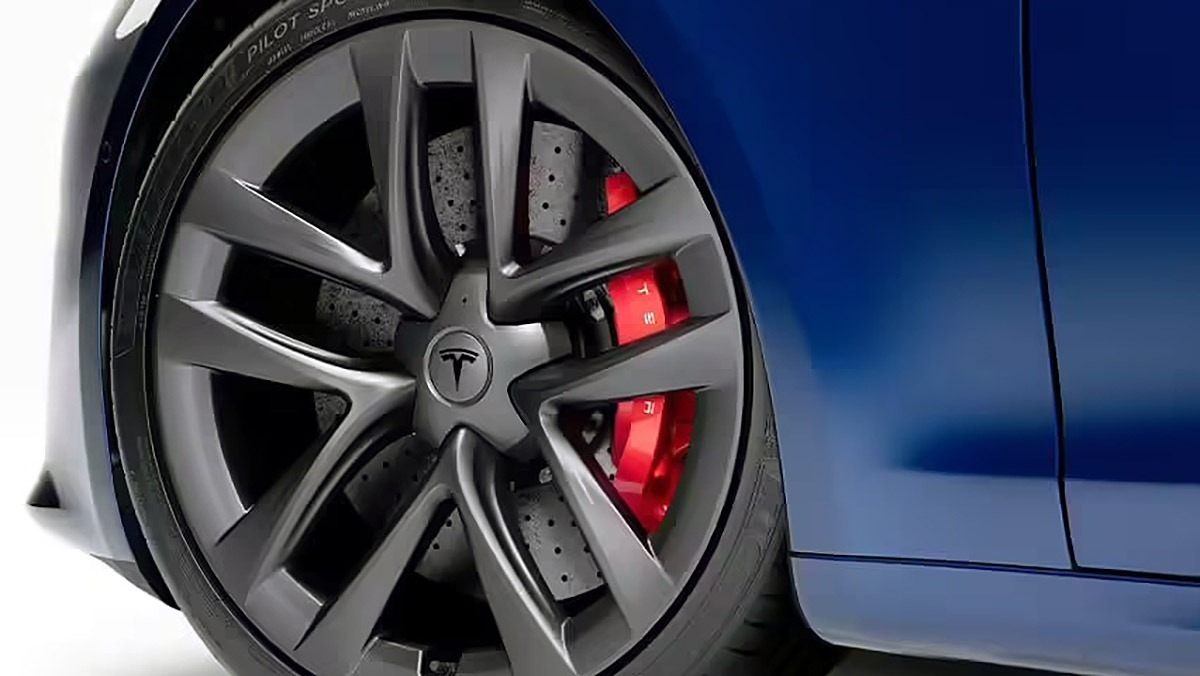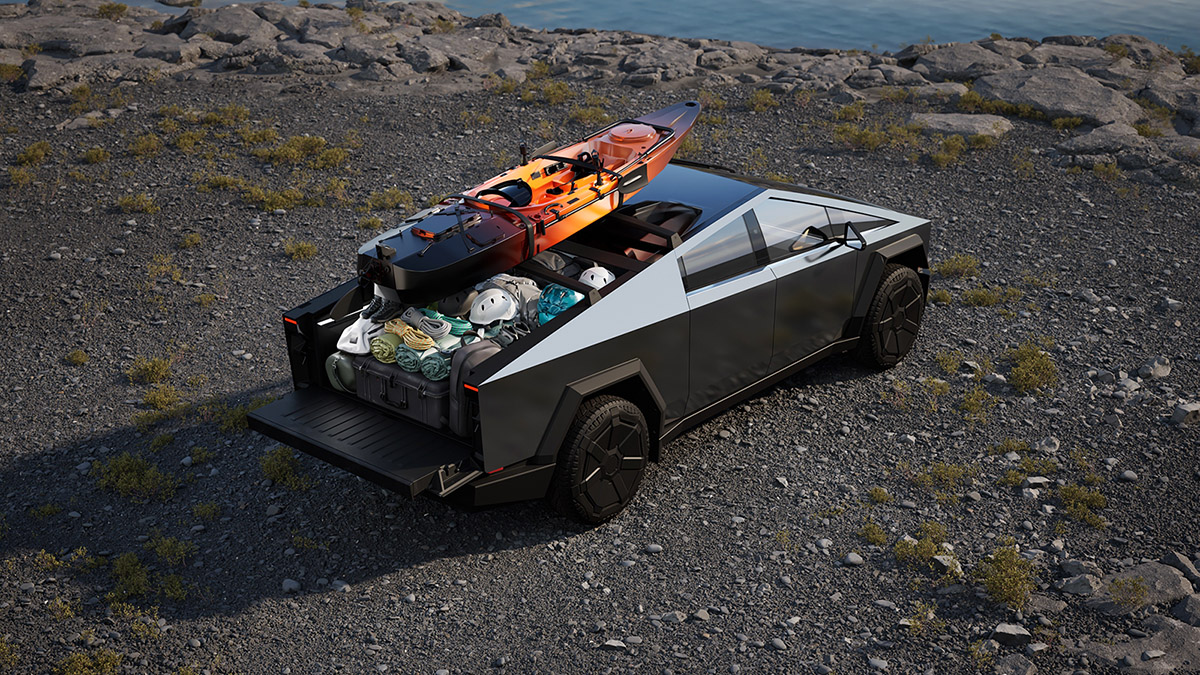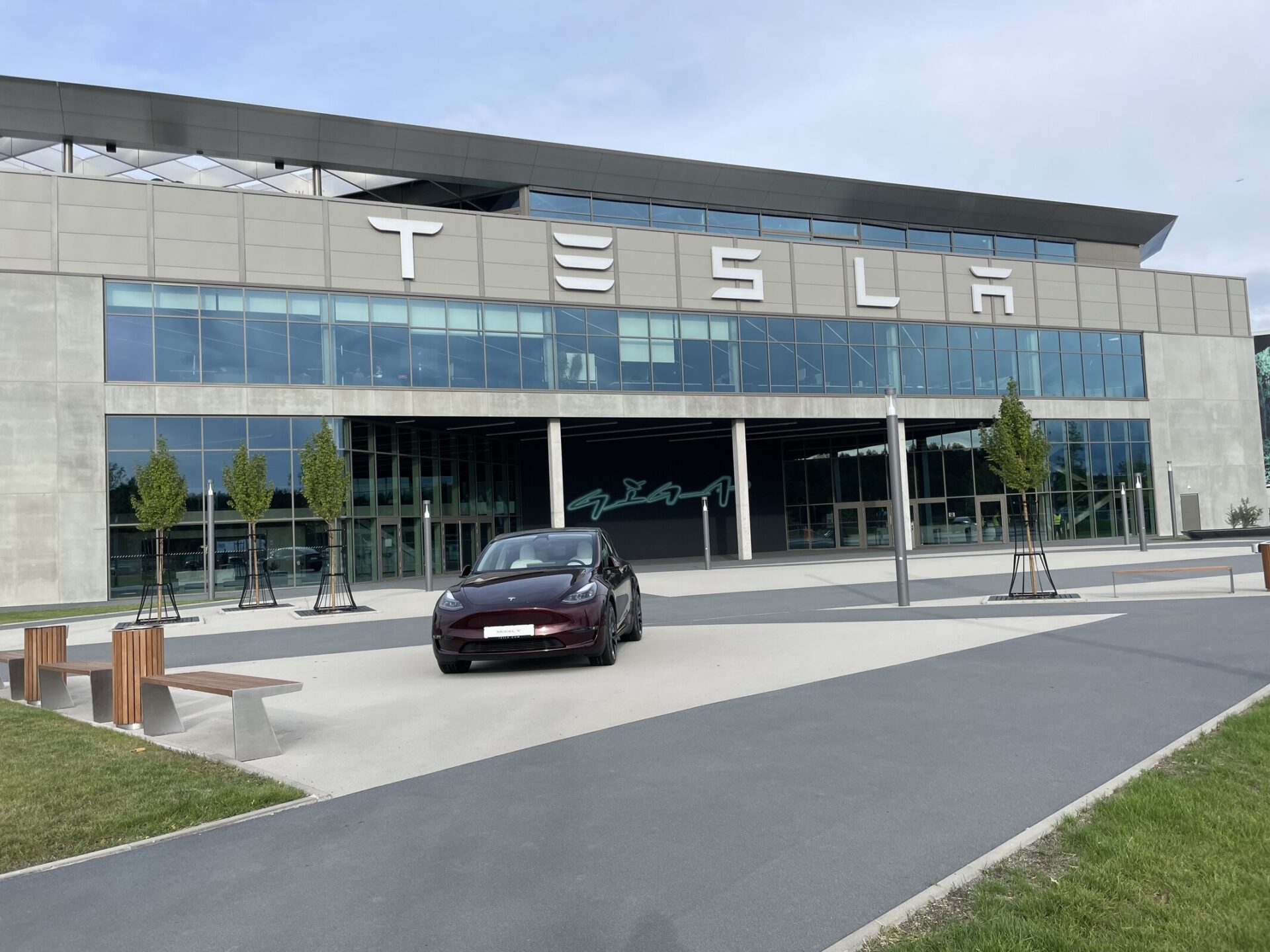Tesla has likely delivered the final update for 2024 in China. The version 2024.45.32 includes a range of features, particularly improvements to navigation.
New Routing Options
With this software update, drivers can now choose between various routing options. The “Fastest Time” mode will still be the default choice, while the “Least Congestion” option focuses on steering clear of traffic, even if it takes a bit longer. The “Prefer Highways” setting will route the vehicle via more expressways, and “Lowest Tolls” will prioritize paths that incur the least toll fees.
Enhanced Navigation Features
Another significant addition is the service that notifies drivers as they near a highway service area. An on-screen alert will show nearby restaurants, stores, and public charging stations. This feature can be disabled in the settings if desired.
Moreover, Smart Summons is a notable new navigation feature. It enables Teslas with Enhanced Autopilot (EAP) or Full Self-Driving (FSD) to autonomously approach their owners in parking areas upon request via the mobile app. This capability has already been rolled out in the US, Europe, and the Middle East.
Holiday Features and Gaming
In celebration of the Chinese Lunar New Year, Tesla has included several holiday-themed features. A collaboration with Tencent brings three exclusive games to China: Happy Landlord, Happy Mahjong, and Throw Eggs.
Supercharger Enhancements
A key addition is the Supercharger Bollards. Some Tesla Supercharger stations in China now have locking mechanisms or bollards that prevent non-Tesla vehicles from occupying charging spots. Previously, owners managed these bollards through the app, but this update allows for easier control directly from the car. The buttons to unlock the bollards appear automatically when a Tesla arrives at a charging station.
Most of the features in this update are unique to China, and there is currently no information regarding when, or if, Tesla users elsewhere will receive these enhancements.
Source:
Link

